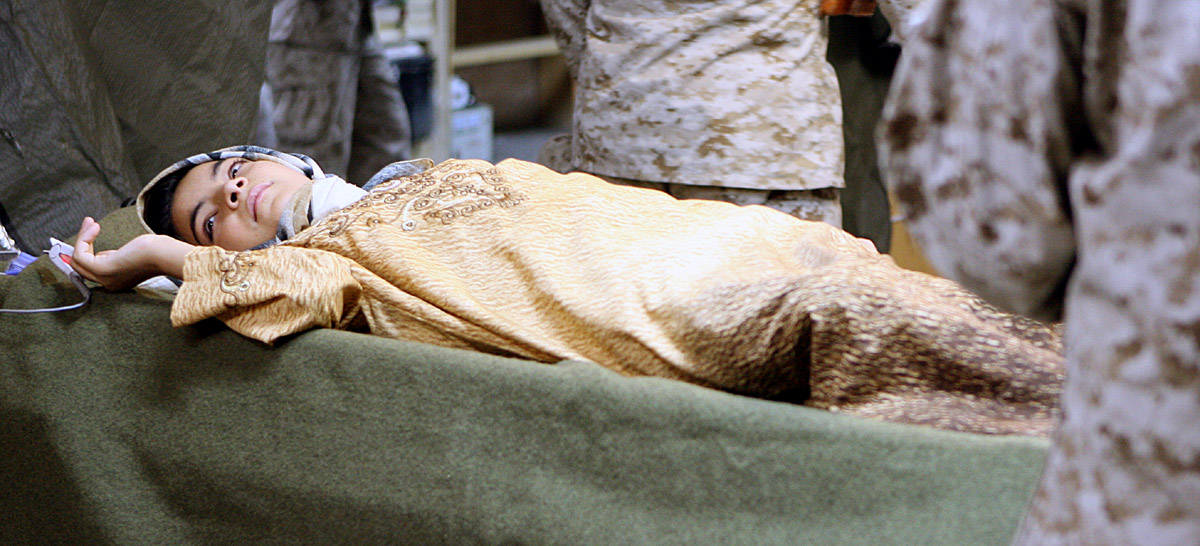
In a press briefing Tuesday, the spokesman for the UN Secretary-General forewarned that Syria’s health system “remains under severe strain,” leaving almost 16 million people in urgent need of humanitarian support amid continued threats posed by explosive remnants of war (ERWs).
Stéphane Dujarric and the UN reported that ERWs have caused over 1,000 casualties since November and warned that the nation faces a shortage of essential medicines. Treatment costs have become unaffordable for many in the country and the Office of the Coordination of Humanitarian Affairs (OCHA) cites lack of funding and infrastructure damage as important factors undermining the humanitarian response.
Despite a shortage in funding and resources, cross-border aid has increased significantly this year, with 1,185 aid trucks crossing from Türkiye into Syria—six times more than the number during the same period the previous year—helping the UN and its partners reach 2.5 million people each month. However, this increased effort reflects increasing needs in the country. According to Dujarric, the Syria humanitarian response plan requires $2 billion to support 8 million in need until the end of June but has currently only received less than $236 million. Dujarric called for further support to expand risk education, remove explosives and assist survivors.
According to the OCHA, ERWs continue to pose a severe threat to civilian safety, causing over 1,000 casualties since November 8, 2024, including 414 deaths and 592 injuries. In April, most of the harm came to those involved in agricultural work, making up 58 incidents out of 104 total recorded that month. Children account for almost a third of the recorded ERW casualties.
Currently, only 59 percent of hospitals and 46 percent of primary healthcare centres in Syria are fully functional. Alongside a shortage of medicine and rising medical costs, overcrowding of civilian shelters may additionally increase the risk of disease outbreak.






